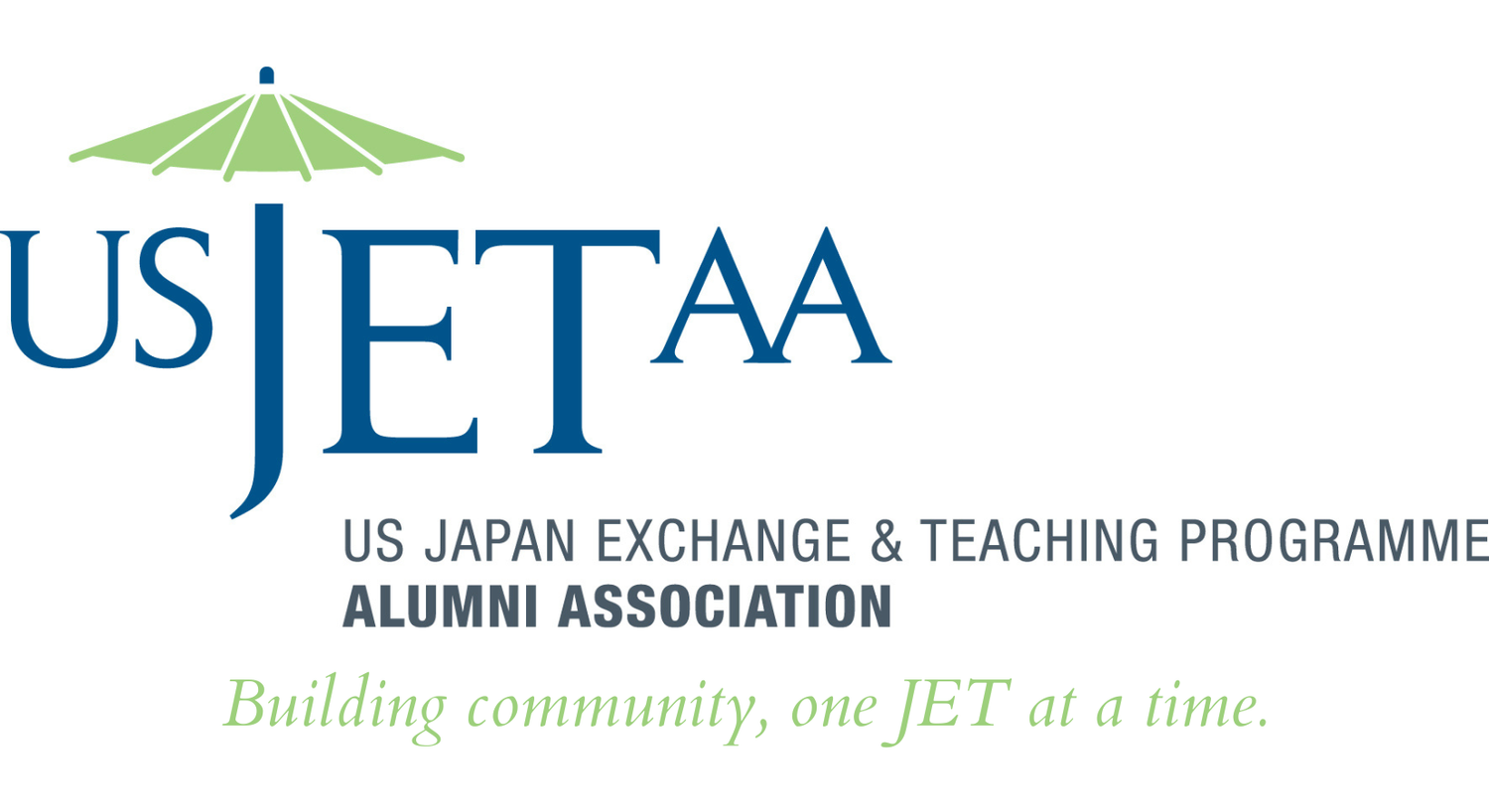Japan’s Quiet Success: What the United States Can Learn from the Japanese COVID-19 Response
About the Author
Jim Gannon taught for two years on the JET Program in Ehime Prefecture from 1992 until 1994, and he has worked in US-Japan relations ever since. He currently is vice chair of USJETAA, and he also served as its interim executive director from March 2022 through January 2023. For nearly 20 years, from 2001 to 2021, he led the Japan Center for International Exchange (JCIE/USA), a foreign policy institute that hosts high-level policy dialogues, legislative exchanges, and foreign policy research that pave the way for international cooperation on global health, humanitarian assistance, development, and other pressing challenges. He now is a senior fellow at JCIE/USA.
Jim received a BA from the University of Notre Dame, carried out graduate research at Ehime University in Japan, and has a master’s degree from Columbia University’s School of International and Public Affairs. He is the co-editor of A Growing Force: Civil Society’s Role in Asian Regional Security (2013) and Looking for Leadership: The Dilemma of Political Leadership in Japan (2015), and has authored more than 50 essays and articles on US-Asia relations, global health, development, and civil society.
About JETs on Japan
JETs on Japan is a partnership between USJETAA and Sasakawa Peace Foundation USA (Sasakawa USA) that features selected articles of JET alumni perspectives on US-Japan relations. The series aims to elevate the awareness and visibility of JET alumni working across diverse sectors and provides a platform for JET alumni to contribute to a deeper understanding of US-Japan relations from their fields. The articles will be posted on USJETAA’s website to serve as a resource to the wider JET alumni and US-Japan communities on how alumni of this exchange program are continuing to serve as informal ambassadors in US-Japan relations.
Submissions are encouraged from mid-to-senior level professionals who are established in the current fields OR current/recent graduate degree students in both master’s and doctoral programs.



